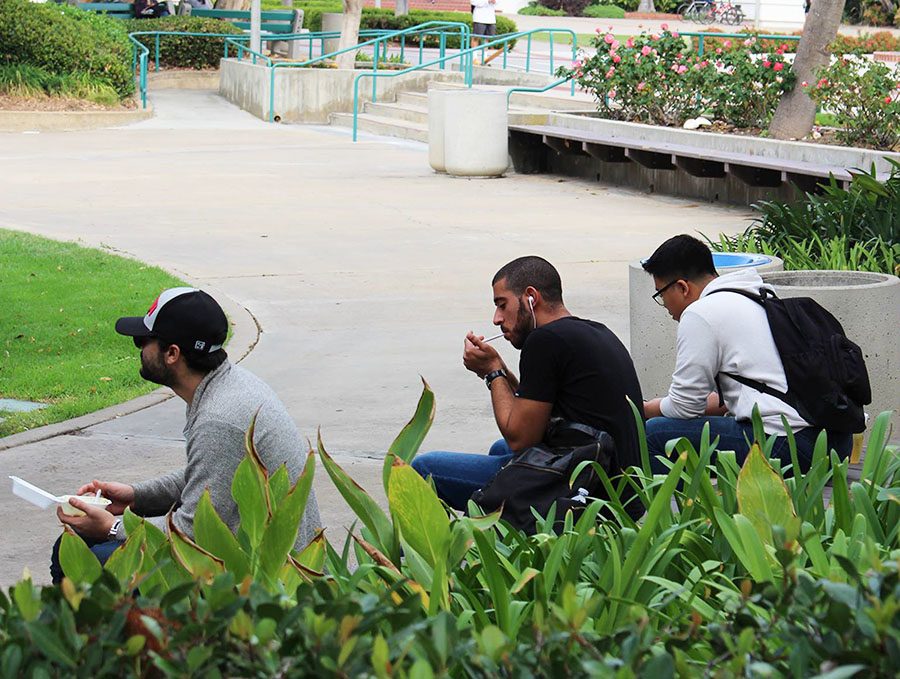California state residents will need a majority approval in order to pass Proposition 56, which proposes a $2 tax increase on top of the current price of tobacco.
Supporters of Prop 56 argue cigarette smoking kills more than forty thousand California residents every year and this tax would help lower that number.
This tax increase would go towards funding California’s state healthcare programs and tobacco education.
The money would support research on cancer and other tobacco related diseases.
Many students at San Diego State were aware of this proposition and largely agreed in favor of the proposition passing, although many of them use tobacco products.
“They’re trying to curb as much of the population’s addiction as possible by putting financial and legal hurdles in front of them and I think it will work,” film junior Tor Larsen said.
Those opposed to the proposition said raising the price does not give enough incentive for some people to quit smoking. However it would be enough for psychology sophomore Krystal Wilkinson to stop purchasing tobacco.
“Personally, I use tobacco and its already highly priced,” Wilkinson said. “I am from Washington and it is already way cheaper there so I feel like raising it $2 would make me not want to buy it.”
This tax increase would also apply to other tobacco products including cigars, chewing tobacco and electronic cigarettes.
Currently, California does not have an excise tax on electronic cigarettes.
“I think this proposition is especially good for taxing electronic cigarettes because they’ve gotten so big with our youth,” communication sophomore Mairin Dwyer said.
“These young kids get them because they think they look cool and don’t really understand the risks.”
Dwyer is also in favor of the proposition passing although he is an occasional tobacco user.
“I think the tax should increase in order to help people quit smoking,” Dwyer said. “I also like that the money is going to help fund public healthcare programs.”
The main purpose of Proposition 56 is to decrease the amount of young smokers in California, but also to continue to further the decline of the overall use of tobacco for state residents by driving down the sales with a $2 increase.
“I think by making it financially impossible for many individuals to buy will help decrease the smoking population to an extent,” Larsen said. “There will always be some people who are going to just keep smoking regardless of the price.”







